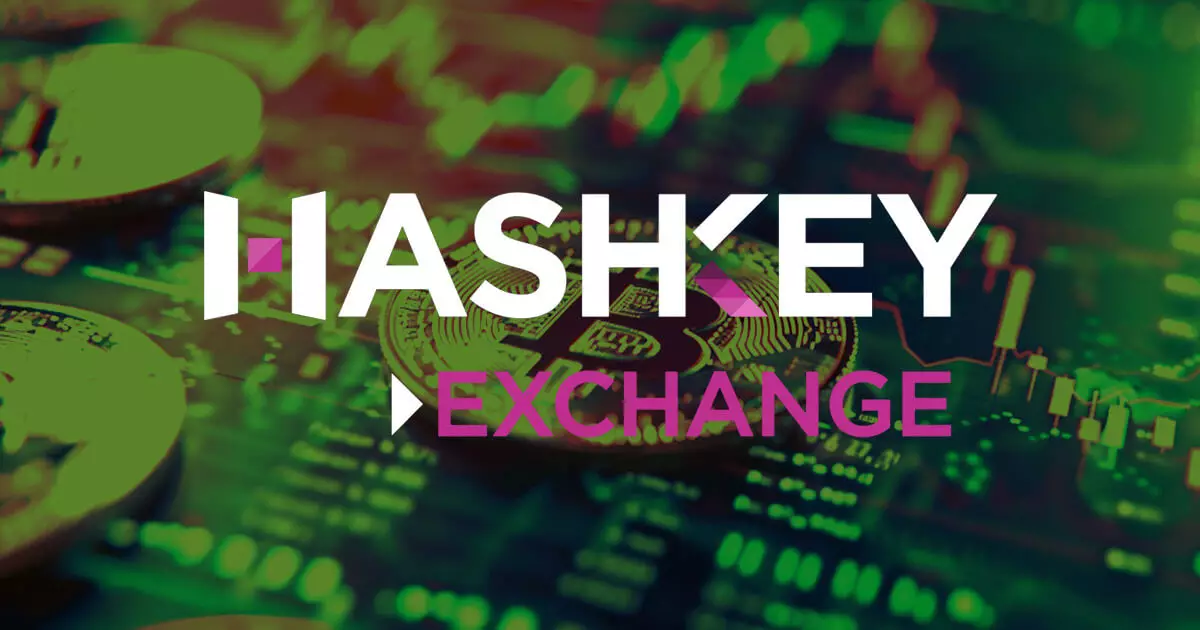Recently, crypto exchange HashKey made a significant announcement regarding its support for Binance-related transactions. The Hong Kong-based platform shared that it would implement restrictions on deposits from Binance starting from May 10. Additionally, HashKey will no longer support virtual asset withdrawals to Binance-hosted wallet addresses after May 17. This decision comes as a surprise to many users who have been utilizing both platforms for trading activities.
HashKey attributed its decision to a change in policy but did not provide specific details regarding the new rules that prompted this move. This lack of transparency has left many users wondering about the exact reasons behind the sudden shift in support for Binance transactions. It is important for exchanges to communicate openly with their users to maintain trust and credibility within the crypto community.
For users who rely on both HashKey and Binance for their trading needs, this announcement signifies a potential disruption in their workflow. The restrictions on deposits and withdrawals could impact the efficiency and convenience of conducting transactions between the two platforms. The requirement for transactions to whitelisted unhosted wallet addresses adds an extra layer of complexity for users to navigate.
HashKey’s decision to alter its support for Binance transactions reflects the evolving regulatory landscape surrounding cryptocurrency exchanges. The exchange industry has faced increased scrutiny from regulatory bodies worldwide, leading to changes in operational policies and compliance measures. By adjusting its approach to Binance-related transactions, HashKey is adapting to the shifting regulatory environment to ensure ongoing compliance and stability.
Despite the challenges posed by regulatory pressures, both HashKey and Binance have made significant advancements in their operations. HashKey recently received regulatory approval to co-launch a spot Bitcoin exchange-traded fund (ETF) in collaboration with Bosera International. This demonstrates the exchange’s commitment to expanding its product offerings and catering to a diverse range of investors. On the other hand, Binance has made strides in enhancing its regulatory compliance efforts, particularly in key markets like India and Dubai.
HashKey’s decision to end support for Binance-related transactions marks a pivotal moment for both exchanges and the broader crypto industry. As regulatory requirements continue to evolve, exchanges must adapt and streamline their operations to comply with emerging guidelines. The impact of this decision on users, industry dynamics, and regulatory trends underscores the complex and ever-changing nature of the cryptocurrency ecosystem.

